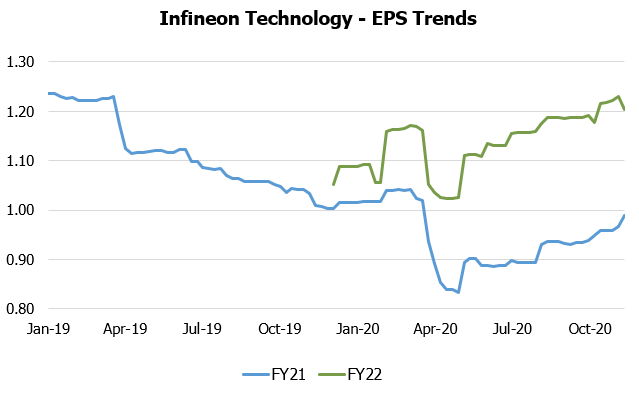
Source: Bloomberg
In the next decade it will be illegal to purchase a car with a petrol or diesel engine in many countries. Policy like this was unthinkable until recently, but now countries are racing to announce tighter emissions standards and even earlier bans on fossil fuel vehicle sales. So far 18 countries have proposed bans including China, Japan, UK, South Korea and many European countries. Norway’s plan is the most aggressive, phasing out purchases by 2025, and many other countries plan to have bans implemented by 2030. The UK accelerated its proposed phase-out to 2035 from 2040 in February and this week is expected to bring this forward another 5 years to 2030.
Car manufacturers are accelerating their own plans for electrified vehicles in response. In October Daimler announced an electric vehicle focus for its Mercedes-Benz brand, with plans to bring more than 10 different vehicles to market by 2022. This month General Motors and Volvo have promoted their own plans to accelerate the transition to an all-electric future. Their Boards and investors are likely to be receptive with Tesla sporting a market capitalisation of US$400 billion: more than Audi, Daimler, BMW, General Motors, Ford, Ferrari and Kia combined!
Infineon is one of the best placed companies in any industry to benefit from the shift to electrification. It is the largest automotive semiconductor company globally, and the undisputed leader in automotive power semiconductors with twice the market share of its nearest rival. A battery electric vehicle has approximately $330 of additional power semiconductor content, over 80% of the incremental semiconductor content from electrification. This is a new market worth $10 billion by 2027 on current projections, and we expect the transition to electric vehicles will happen more rapidly. In addition the company has strong or leading positions in other critical components to help as cars become electric and automated.
Infineon’s earnings should also benefit from a cyclical automotive rebound. In 2019 automotive units fell almost 6% and will decline nearly 20% this year due to the pandemic. However all regions are forecast to snap back in 2021 with independent researchers forecasting at least 13% growth in 2021. A recovering auto cycle boosted by the accelerating secular trends of electrification and automation will be a strong tailwind to Infineon’s earnings. This improving earnings cycle is starting to be reflected in analyst estimates, as shown in the chart.
Author: Lachlan MacGregor, Portfolio Manager




